Graham Reid | | 4 min read
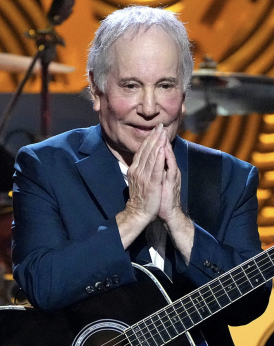
His friend, the artist Chuck Close dismisses the idea: “He'll never finish that album, it won't be challenging enough.”
However Paul Simon – known for stubborn doggedness, as when insisting his Broadway musical The Capeman go ahead despite clearly doomed as an artistic and commercial failure – did finish that album, In the Blue Light.
But now retired from touring, 81-year old Simon returns with another self-imposed challenge, this ambitious acoustic album, his first album of new material since 2016's excellent Stranger to Stranger.
Seven Psalms runs as a single, 33 minute body of work in movements of The Lord/Love Is Like a Braid/My Professional Opinion/Your Forgiveness/Trail of Volcanoes/The Sacred Harp/Wait.
 Some suggest it's a farewell statement for its intimations of mortality, the judgement to come and contemplation of a life lived.
Some suggest it's a farewell statement for its intimations of mortality, the judgement to come and contemplation of a life lived.
On the opener he sings, “The Lord is my engineer, the Lord is the earth I ran on, the Lord is a face in the atmosphere, the path I slip and slide on”.
Love is Like a Braid includes, “I lived a life of pleasant sorrows until the real deal came. Broke me like a twig in a winter gale. Call me by my name. And in that time of prayer and waiting, where doubt and reason dwell, a jury sat deliberating.”.
That “real deal” is doubtless his singer-songwriter wife of more than 30 years, Edie Brickell, who also sings and plays in places here.
On Trail of Volcanoes – which opens with him singing of having taken his guitar down to the crossroad and over the seas – he reflects, “It seems to me we're all walking down the same road to wherever it ends. The pity is the damage that's done leaves so little time for amends”.
Yet as melancholy – and perhaps even solipsistic – as his words may appear, Simon also imbues these thoughts with magic realism (picking up hitchhikers in The Magic Harp with a poetic leap to the Biblical David) and existential questioning, a signature of his 60-year career.
Long gone are the certainties and arrogance of youth (“ 'Fools,' said I, 'you do not know', ” in The Sound of Silence) and now he asks, “are we just trial and error, one of a billion in the universe?”.
Coincidentally, last year on his short, spoken word album, also titled Seven Psalms, Nick Cave – who lost two sons in recent years – also explored, over a musical backdrop, thoughts of mortality, mercy, forgiveness and what lies beyond the pains of life.
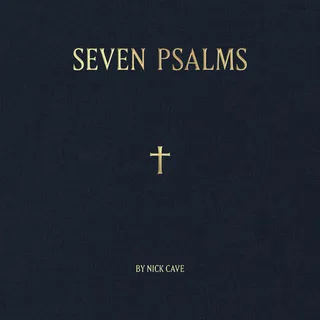 There's acceptance in his final piece I Come Alone and to You: “I come alone and to you, Lord, in sorrow . . . I have nowhere left to go but to you, Lord”.
There's acceptance in his final piece I Come Alone and to You: “I come alone and to you, Lord, in sorrow . . . I have nowhere left to go but to you, Lord”.
The artist confronting their own mortality has not been uncommon.
Leaving aside Picasso's final self-portrait of his face staring into the abyss and Rembrandt's life-long analysis of his aging features, in popular music in recent times we have had David Bowie's blackstar written and recorded when he knew his end was coming and this would be his final statement.
Similarly Leonard Cohen's You Want It Darker was recorded as his curtain was coming down (although others have suggested that because he was recording more songs the end unexpectedly caught up with him).
Willie Nelson's 2022 album A Beautiful Time with him walking into the sunset on the cover – sounded like a farewell note and was released on his 89th birthday . . . but then this year he released another album.
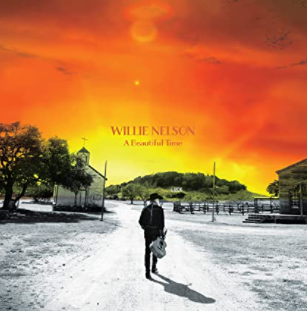 As far back as 2007 album Memory Almost Full, Paul McCartney wrote The End of the End (“on the day that I die I'd like jokes to be told”) and the look back on That Was Me and You Tell Me. They had all the hallmarks of a man waving goodbye (turns out they were written in 2003, and of course he's still here).
As far back as 2007 album Memory Almost Full, Paul McCartney wrote The End of the End (“on the day that I die I'd like jokes to be told”) and the look back on That Was Me and You Tell Me. They had all the hallmarks of a man waving goodbye (turns out they were written in 2003, and of course he's still here).
Bob Dylan famously wrote Not Dark Yet (“but it's getting there”) which was certainly a man contemplating mortality, but he's lived another 26 years since that.
And with Dylan you shouldn't tread too much into his songs about death, he written about the inevitable end all his life and even on his debut in 1962 he recorded Blind Willie Johnson's Jesus Make Up My Dyin' Bed (as In My Time of Dyin') and Blind Lemon Jefferson's See That My Grave is Kept Clean.
It's worth remembering that Edvard Munch lived another 51 years after painting The Scream which many have equated (wrongly) with those final words in Joseph Conrad's Heart of Darkness: "the horror, the horror".
Notably absent from this cobbled together list are women musicians and you'd think that Marianne Faithfull would go down that path. In fact she has, often but just in individual songs across her career. Most recently however in the company of Nick Cave and Warren Ellis she has explored the idea more.
And Lucinda Williams who suffered a stroke in 2020?
Well, the final song on her forthcoming Stories from a Rock'n'Roll Heart is . . . Never Gonna Fade Away.
Take that Neil Young.
In the emotional and musical ebb and flow of Simon's Seven Psalms his final song is Wait, a duet with Brickell which becomes similarly accepting: “Wait. I'm not ready, I'm just packing my gear” before “I want to believe in a dreamless transition . . . I need you here by my side, my beautiful mystery guide”.
The final word we hear from Paul Simon – accompanied by Brickell – is “Amen”.
Then the toll of a bell.
.
Paul Simon's Seven Psalms is on Spotify here, Nick Cave's Seven Psalms on Spotify here

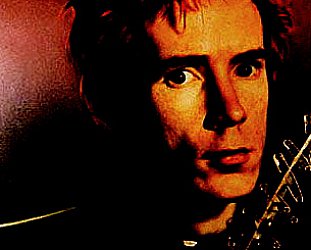
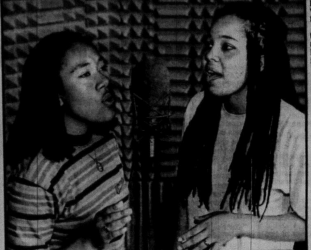

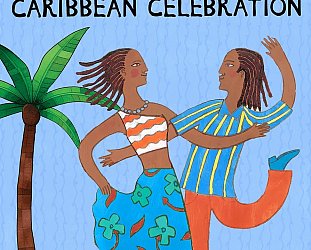
post a comment